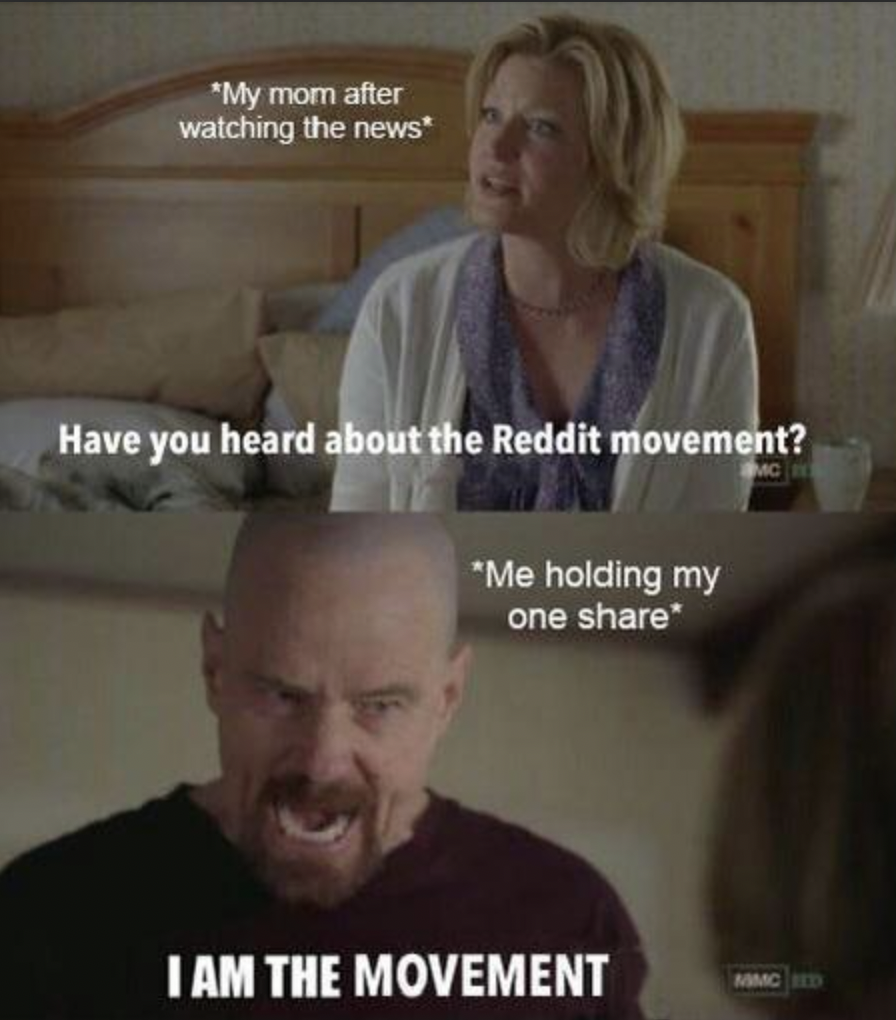A new culture of investing
The idea of trading stocks triggered a resistance in many people for a long time. It was too complicated, too expensive, and the platforms that made it possible felt straight out of the 90s. But a number of trends led to the fact that more people than ever are involved in the stock market right now. Throughout the last year especially young people have discovered investing. Market researchers estimate that alone in the US over 10 million people became first-time investors in 2020. Where does the sudden interest of young people in the stock market come from? Is it the growing awareness that stocks, considering the continuous low interest rates, are almost without any alternative? Possibly, but the era of low interest rates already began with the financial crisis in 2008, without such an effect on the equity culture.
The COVID-19 pandemic most likely played a huge role as many saw their opportunity when stock prices were low. It also gave young investors everything they needed to get to grips with shares and the market - time and money. Closed clubs, cancelled holidays, bankrupt restaurants - all this has made days longer and assets grow. And many people apparently used the time not only to Marie Kondo their homes, but also to start thinking about their finances. Such major historical changes can shake up cultural conventions which then create opportunities for companies but also a need for consumer reorientation. That's why digitisation is likely to have played a crucial role within this current trend as well. Mobile first brokers such as Robinhood in the US charge low or even no fees for trading. Applications with appealing playful designs offer easy access to the market along with high functionality. While Influencers, Youtubers and social media groups have discovered the subject of investing the next share is only a swipe away. Driven by social media, the first quarter of 2021 has been a historically turbulent time in the stock market. During the latest stock rallies the narrative has tapered into young retail investors fighting hedge funds and occupying Wall Street through the internet. The uprise of retail investors is already being communicated as a new movement which stretches financial capitalism to its limits. When the stock price of electronics retailer GameStop spiked in January, Reddit was the place where retail investors have organised themselves to disrupt the intentions of hedge funds.
“Now as technology advances it starts to actually democratise some systems and people are starting to figure out all these little ways in which the game was rigged”
- Alexandria Ocasio-Cortez 2021 about retail investors on Twitch
Not everyone is happy about the youth boom in the stock market as young savages could fuel a bubble, far from any economic reality, which is doomed to failure. Some experts call it a flash in the pan from which many losers will emerge, as it's primarily the development of a company that determines its share price. Calls for stronger regulation are growing as being an investor is not only about having access to the market. For instance trading with options, is typically considered out of reach for new investors as it's very risky. New online brokers have removed most barriers to empower their customers, but this also applies to the riskiest areas of trading. Taking the biggest mobile broker in the US Robinhood, which has a comparably young client base, as an example: Their customers buy and sell 88 times as many risky options as customers from competitors. In June 2020 a Robinhood user committed suicide mistakenly believing he'd lost nearly $750,000 in a risky bet on the app. Robinhood’s founders have responded to the suicide by pledging major changes to their platform, around options trading. However American authorities filed a complaint in December 2020 alleging that Robinhood systematically exploited novice investors. The lawsuit claims the app deploys a “gamified” interface design that pushes users to engage in risky trades. Despite the discussion around trading applications, it seems that the special atmosphere created by memes and the overall humour is giving younger users the courage to “YOLO”their life savings on a risky stock. But in fact the Reddit content also shows a lot of good analysis that proved young investors right and demonstrated their power when they join forces. Researchers found out that despite an estimated share of 0.2% smaller investors can be accounted for 10% of the variation in stock because they react more strongly to price changes than their institutional counterparts.
The new stock market boom is showing that everyone can participate and thereby have an effect in the stock market. While some may use trading to speculate, there are good arguments why the current trend could lead to a more equal society at large. Even though the worldwide economy is growing not everybody is profiting from that global trend. The segment of the population that owns stocks has reaped the benefits of this growth relative to those who don’t own equities. This also led to the fact that during the corona crisis the richest could increase their wealth even more. And while it’s true that more people hold stock today, stock ownership is still highly concentrated on a worldwide scale. Even with small contributions, stocks can be an effective tool of pension planning or wealth accumulation. Initiatives such as CBS founded start-up Female Invest show that empowering women in that regard can also help to overcome financial gender inequality. Besides that, a shift of assets into more sustainable stocks and funds could have a great effect for the fight against climate change. Consequently it would be beneficial if a broader spectrum of society including young people with different mindsets could invest in the stock market. Young investors still have their big acid test ahead of them, as the current downturn may last for years after the Corona crash has made them go wild. However the new generation of investors is already in the midst of establishing a fresh culture within finance, and will continue to challenge the establishment with new narratives.



